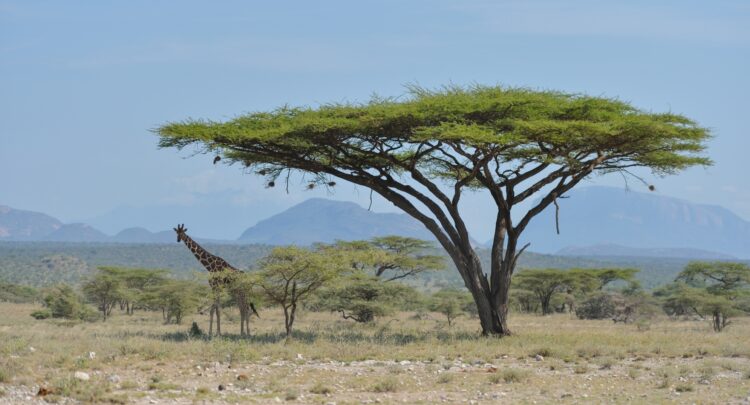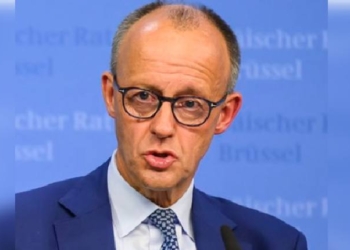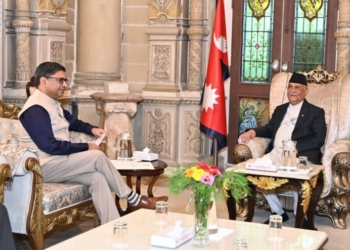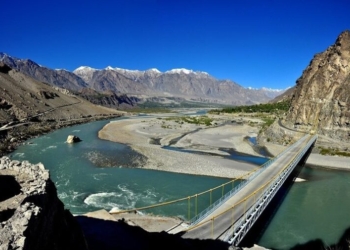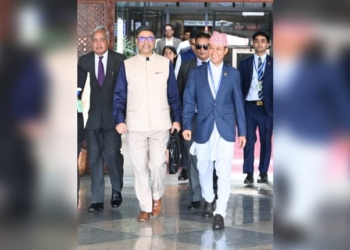New Delhi: While Africa continues to suffer the destructive effects of climate change, and numerous other crises, a new report shows how the continent can embark on an ‘African Just Transition’ that strengthens food and energy infrastructure and sets out a more resilient and effective development path.
The report was co-authored by a group of independent experts under the leadership of Youba Sokona, Vice-Chair of the Intergovernmental Panel on Climate Change (IPCC) and one of Africa’s most senior experts on climate, energy, and development.
It carries a foreword by President William Ruto of Kenya, who states: “I believe by becoming more assertive and pursuing a climate and development agenda through unified approaches of the kind outlined in this report, Africa will be able to mitigate the climate emergency and propel itself to prosperity.”
The report highlights ways in which Pan-African collaboration can anchor the continent on a new path of development and just transition, by exploiting its huge renewable energy, food sovereignty and development potential.
It asserts: “Change provides opportunities for Africa to control its own future. Achieving a better future will require unprecedented strategic vision — one that is rooted in Africa’s shared history, responsive to its tremendous potential and articulated with confidence.”
It anchors its analysis by examining how climate change, misguided development policies and colonial dependencies have locked African countries into perpetual traps, including external debt.
It highlights three structural traps facing Africa, namely: Food insecurity, food imports and undernutrition; energy poverty created by inappropriate fossil-fuel based systems; and failed or ineffectual industrial strategies.
These traps must be addressed by: A transition to food sovereignty through agroecology; a just energy transition to people-centered, 100 per cent renewable energy systems; and pan-African industrial policies that harness the continent’s resources while caring for its people and environment.
The report is a wakeup call for African leaders to the effect that “without renewal of its strategic vision, the continent will remain a site of contestation by other global powers seeking to control its resources, markets and institutions”.
Further, President Ruto states: “Realising the continent’s potential requires bold, new approaches matched to the magnitude of the existential challenge posed by climate change which affects the continent disproportionately.
“These bold actions must be coupled with a strong sense of urgency and avoid pitfalls and traps of maldevelopment pathways which have previously held back the continent. Replicating mistakes of the past and expecting new results is not an option.”
The report’s findings build on more than a decade of collaboration and experience by the co-authors that includes building institutions and formulating major regional and continental level initiatives in relation to climate, energy, and development.
(IANS)




